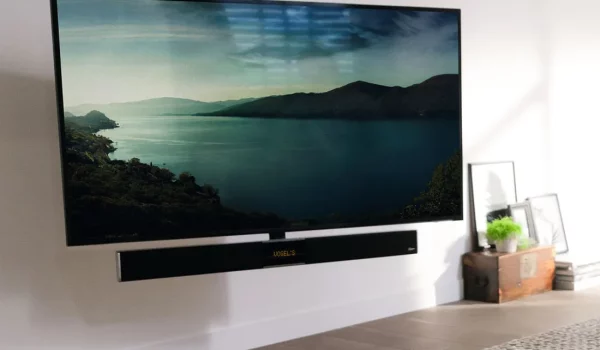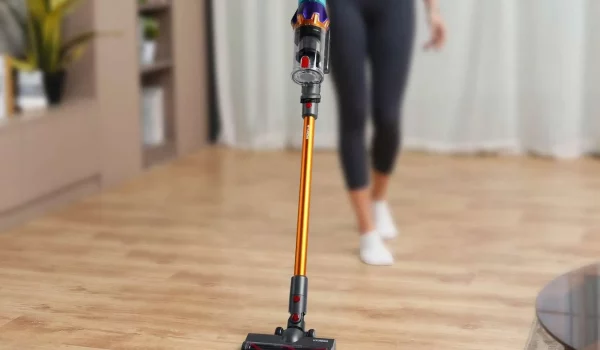Circular production of laptops and telephones
Transition to a circular ICT chain
This study was carried out by researchers from Utrecht University on behalf of the Netherlands Environmental Assessment Agency and the general findings are as follows:
Recycling
According to the interviewed actors, the transition to a circular ICT chain is primarily a solution to the e-waste problem. Partly for this reason, recycling is also the dominant transition route for processing waste into new raw materials. This is reflected in a well-coordinated system in the form of producer responsibility and recycling obligations/targets.
Life extension
The Lifespan extension route is emerging and more and more actors are succeeding in offering refurbished products (outside the Netherlands). However, this route performs much worse than recycling: the strong and guiding influence of a central coordinating body that allows the recycling route to be presented so well is absent for the lifespan extension route. The solution route life extension suffers greatly from this. For example, there is no insight into the actors that make life extension possible.
System is not transparent. This hinders management and innovation.
Actors are unable to sketch or obtain a concrete picture of the innovation system. As a result, actors do not know how or where to intervene, no risks are taken and good ideas/intentions end up in miscommunications. A first example of this are the figures regarding volumes that pass through the chain and the registration system. The current registration system misses – at least – large parts of the B2B circuit and how the products in it are purchased, traded (exported) and reused or recycled.
Other relevant publications
Re-use of soundbars
How feasible is it to give soundbars a second life? Commissioned by Stichting OPEN, Second Use investigated the re-use potential of four soundbar models, revealing insights into repairability, consumer interest, and key barriers.
Re-use of cordless vacuum cleaners
The re-use of cordless vacuum cleaners presents interesting opportunities, but battery replacement costs pose a significant challenge. This study, conducted by Second Use on behalf of Stichting OPEN, examines the feasibility of refurbishment and identifies key improvements to extend the lifespan of these appliances.







